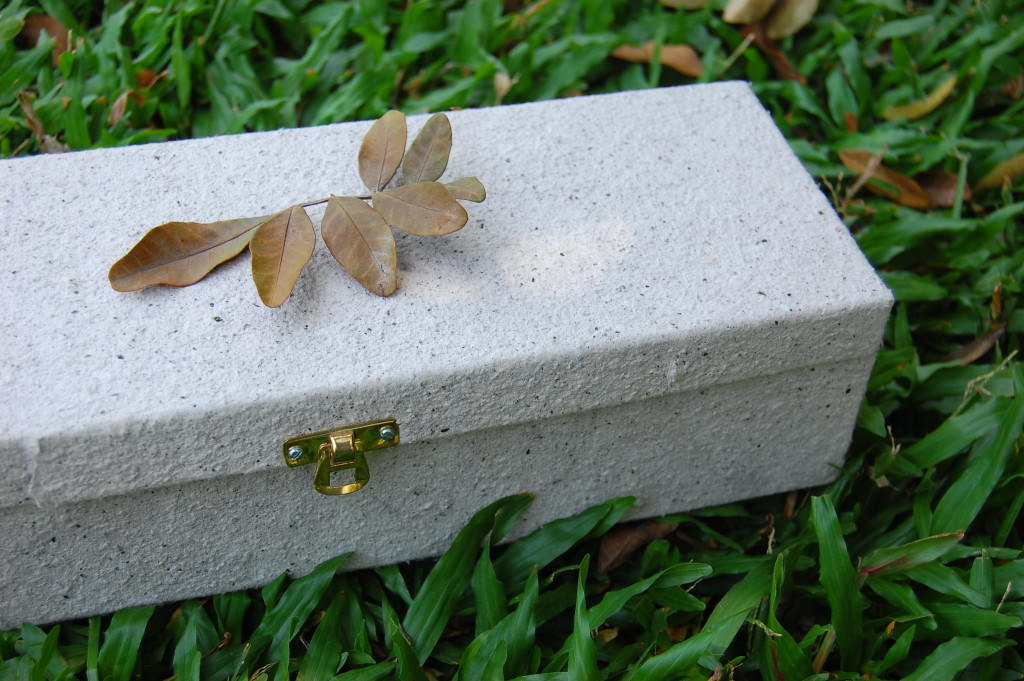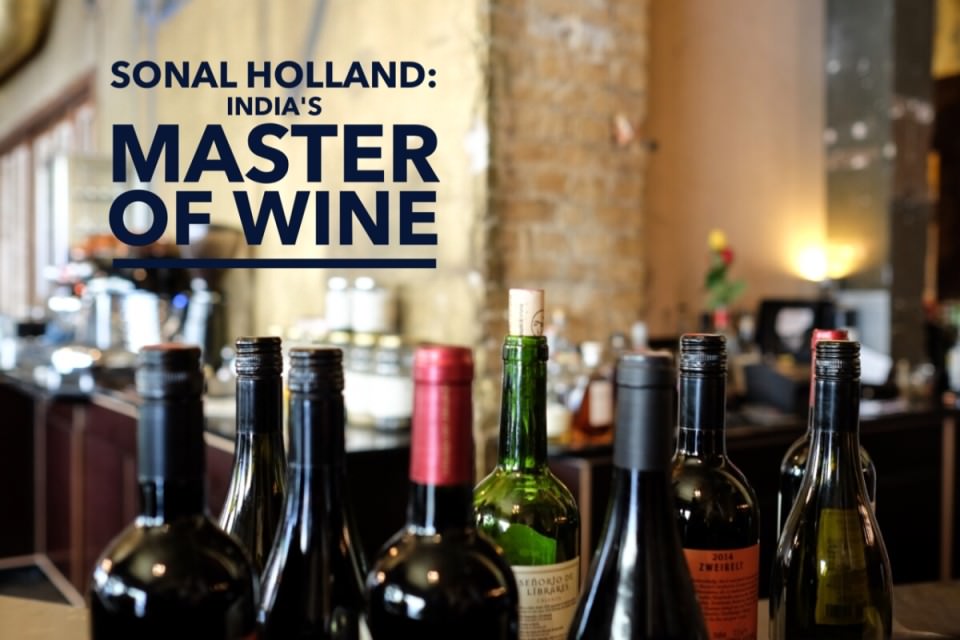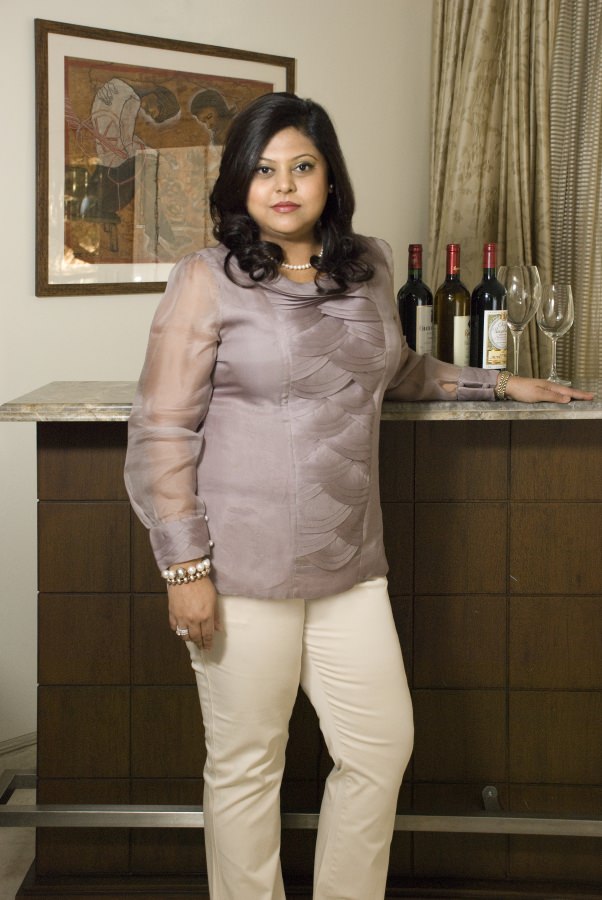Grape paper man
The power of a simple idea – of making handmade paper out of grape waste – led Adrian Pinto to quit his happy wine industry job and go grape-innovator. Now with the patent under his belt, people are stopping to listen
A couple of years ago, Adrian Pinto, busy with his life in the wine industry in India (senior manager, Pernod Ricard India), had an epiphany. And it had to do with grape waste – the seeds, skins and stalks left over after winemaking. It happened while he was reading about, in his words, ‘elephant poo.’ “I would see these mountains of grape marc accumulate at the wineries after the winemaking process, which we were paying people to take it away. I thought to myself, if paper can be made from elephant or rhino poo, why can’t it be made from grape poo?”
Indeed. Why not?
Pinto’s kids were small, and he needed to work to put food on the table, he says. But that didn’t deter him for experimenting. “I downloaded information from the internet on how to make paper, and set about making it in my kitchen with a blender and some basic ingredients. It actually turned out pretty well. I initially used vegetable dyes – indigo to make a dark blue, spinach to make a green, haldi (turmeric) powder for yellow. The idea took hold strongly that I began obsessing over it.”
What was amazing about it all was its simplicity, he adds. “The idea consumed me for 6 months and then I got back to my job;
but it stayed at the back of my mind. A friend who worked for a consultancy and happened to be working on a project with paper brought it up again with me. He said he’d be willing to buy the idea off me. ‘Commercialize it, or sell it to me’ he said. That’s when I decided to go with it,” says Pinto. “IIM Ahmedabad has an incubation course for startups; I thought why not apply there? It took me a year: I started researching grape waste. Grape marc or pomace has a lot of fibre and I wanted was to use the waste in its entirety. I was aware that wineries around the world were paying to get rid of their grape waste – to the tune of €25-35 per tonne.” As a paper manufacturer, he’d be paid to take away his raw material, rather than pay to buy it. A win-win situation, surely.





